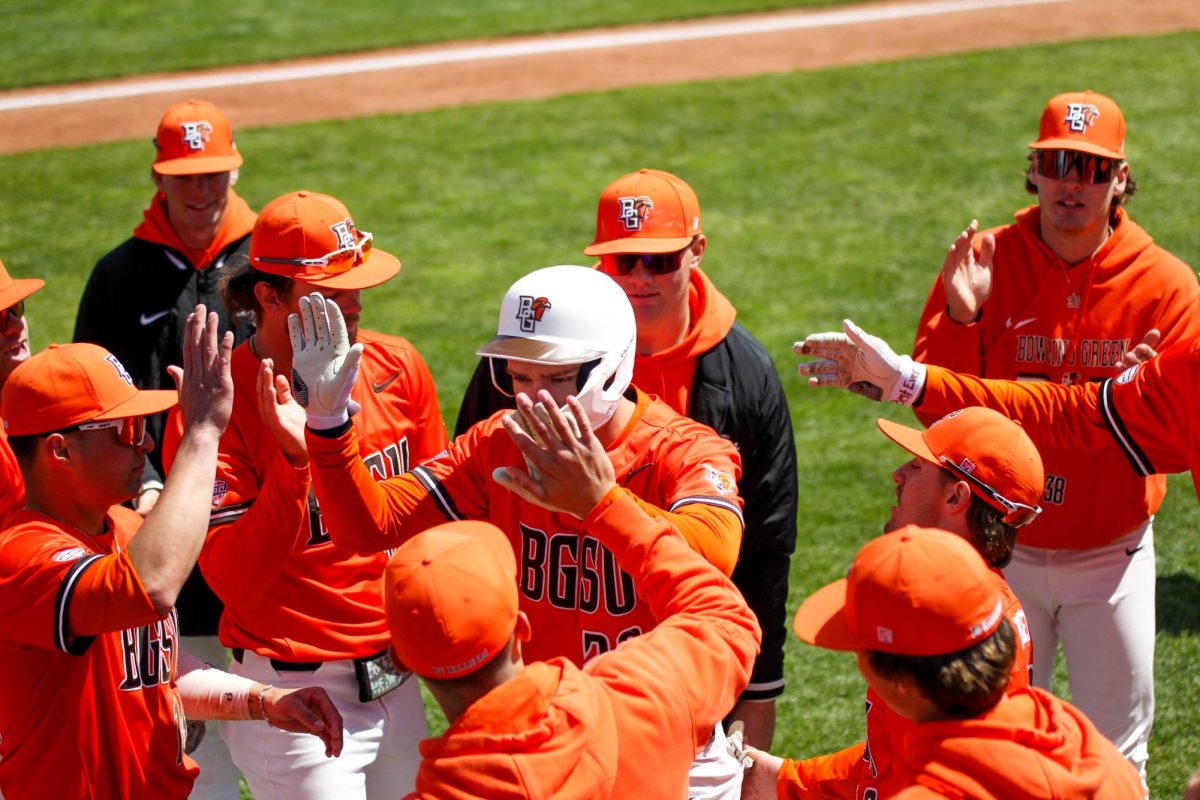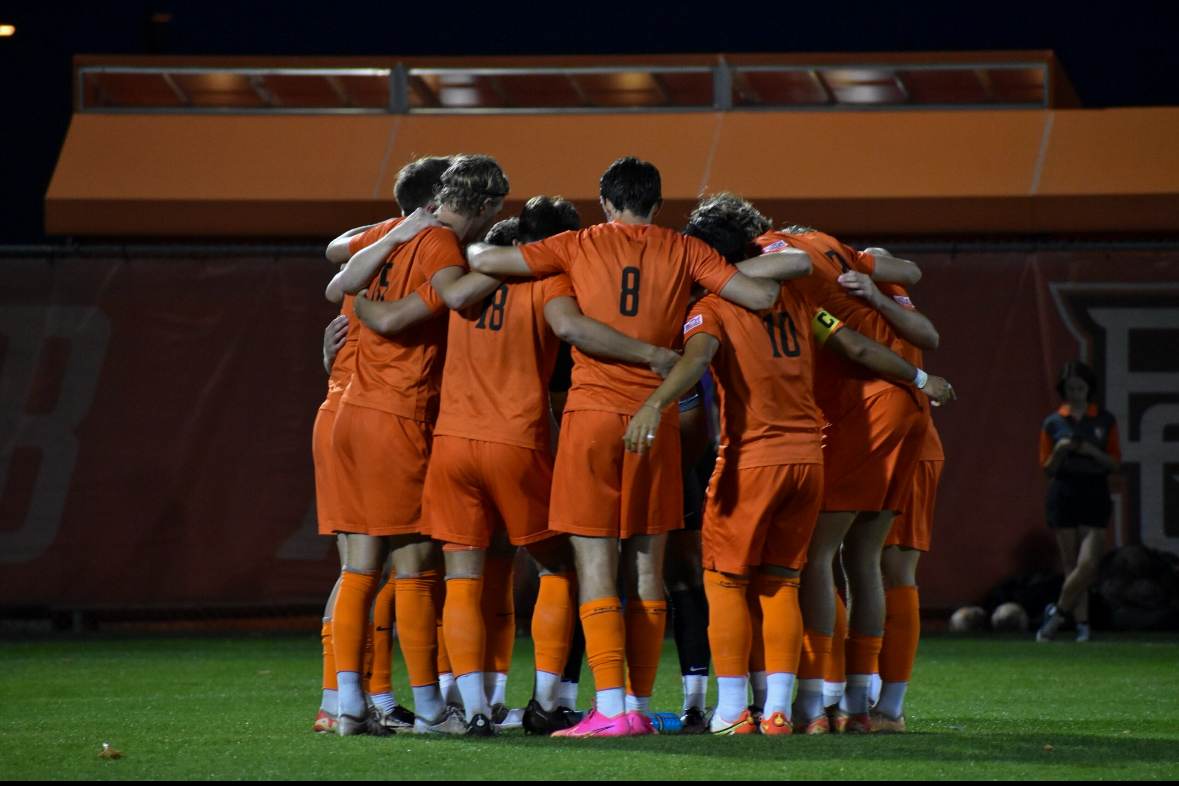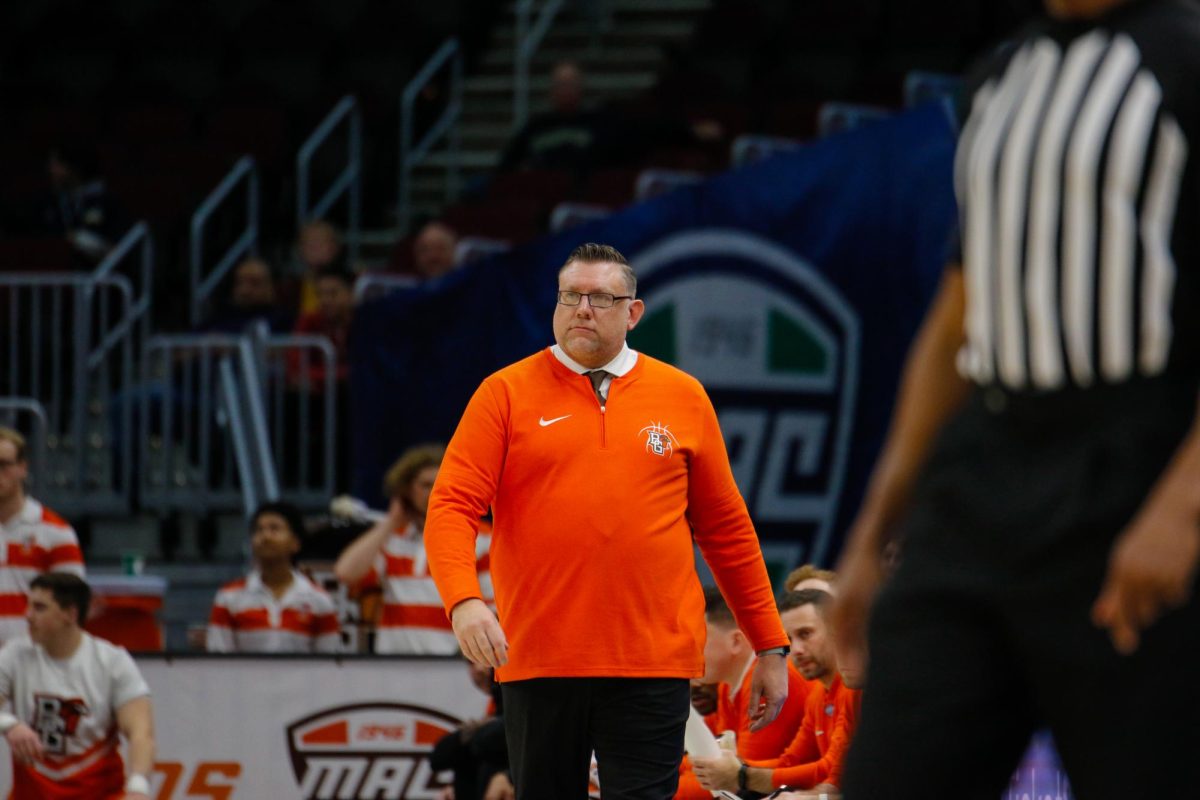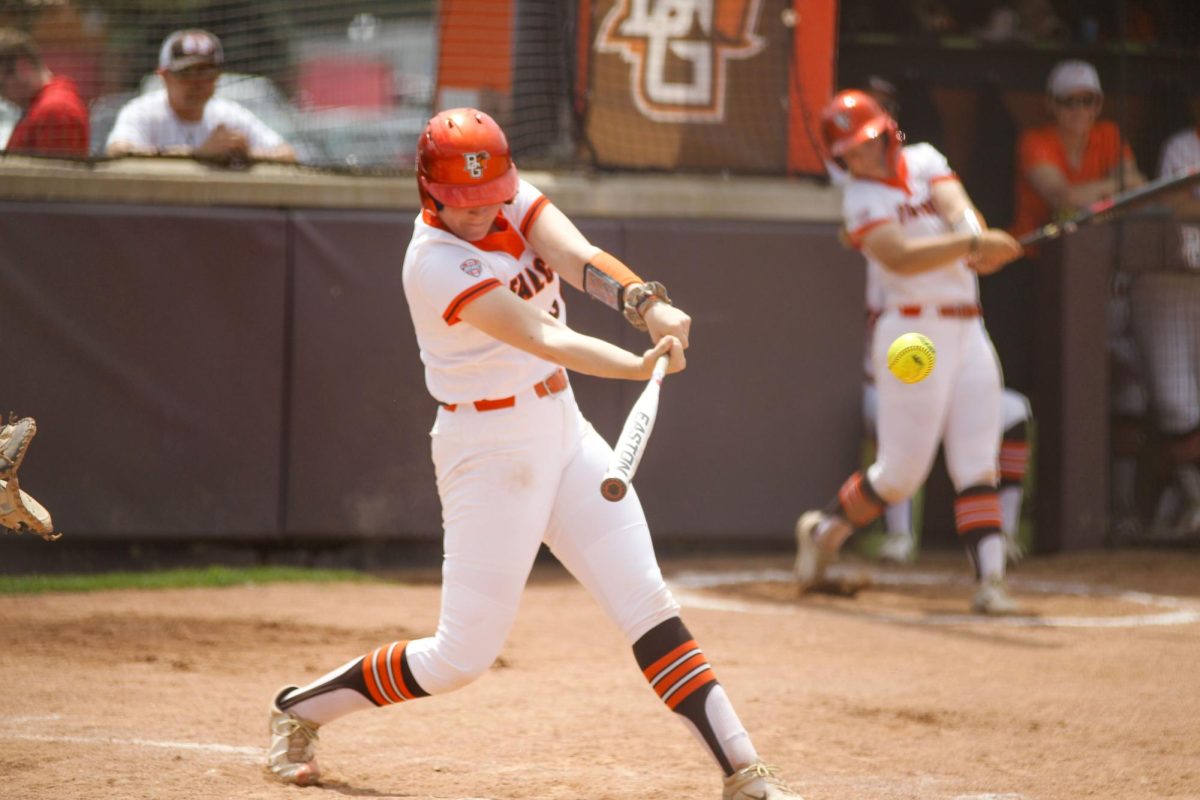Several University graduate programs have been recommended to be closed, suspended and reoriented starting fall 2012.
Various college deans recommended the changes in response to a $9 million reduction in the graduate scholarship budget over the next two years, said Graduate Dean Tim Messer-Kruse.
“These are very tough times and very hard decisions — no one likes it,” he said. “No one likes this process, no one likes closing programs, but there are times when these decisions need to be made.”
Messer-Kruse announced the recommendations to the Graduate Council at its 2:30 p.m. meeting Thursday for discussion following their approval from Provost Ken Borland. The recommendations can be made final after notification of the Faculty Senate Committee on Academic Affairs and the Ohio Board of Regents.
“I am in full agreement with the deans’ recommendations,” Borland said in a statement addressed to the Council. “These recommendations for action will help us to move forward this year as we focus our direction and clarify our mission through our process of strategic planning for graduate education.”
The 14 graduate programs recommended to Borland were “selected based on criteria developed in collaboration with the Faculty Senate Executive Committee in 2009,” according to the statement.
The primary criteria were academic quality, program sustainability and focus of mission, and had been discussed by deans for several months, Messer-Kruse said.
“The one criteria that was never considered once was the size of the program,” he said. “It’s really more an issue of the relationship of the student body to the faculty and institutional resources to support it … The purpose of this graduate program reduction isn’t just dollars and cents, but of course the deans would like to see us free up some resources so we’re able to better resource other programs.”
Council members, however, expressed concerns about a lack of communication of these criteria at Thursday’s meeting.
“People are noticeably and understandably upset,” said Joshua Atkinson, a professor from the Department of Communication. “We got a phone call this week — that’s it — and there was a blurb in an email supposedly about academic quality, but no definition of what that is. The insensitivity with which this has been carried out is insulting to the faculty in my program.”
Other Council members also questioned the role of faculty organizations in a process they described as “closed off” to them.
“I don’t feel like (Graduate Council) can make any recommendation or decision because the decision has already been made and we weren’t consulted,” said Radhika Gajjala, American Culture Studies professor.
“The Faculty Senate doesn’t have a voice and neither does the recently formed faculty union, the Graduate Council or the graduate students. We can say to take these recommendations away or keep them, but it really doesn’t matter.”
Messer-Kruse, however, said the University’s Academic Charter gives Graduate Council the responsibility to review, discuss and deliberate a recommendation — though not necessarily overturn it.
“It’s important for this body to come to some recommendation of its own in the spirit of negotiation and collaboration,” he said. “But the deans are in charge of all allocation of academic resources and programs. They decided to preserve our portfolio of programs by cutting in these areas.”
Graduate Council offered suggestions concerning an email for prospective graduate students for fall 2011, informing them of their likely status as the last class in programs facing closure and suspension.
These students will be given the opportunity to finish their graduate degree at the University, while “further decisions about departmental resources, faculty workloads, etc. will be made” in those four years, according to a statement from the deans.
“There was a feeling that we wanted to make one recommendation and be done with it, and that’s what you have,” Messer-Kruse said. “So I don’t see a slippery slope kind of process happening. We want to stress that everything needs to be on the table now, all at once, particularly for that reason. We don’t want to create the impression that this is the beginning of a continuing process of closures.”
Graduate programs recommended to close:
Master of Rehabilitation CounselingMaster of Education in Gifted and Talented InterventionMaster of Education in School PsychologyPh.D. in Communication StudiesPh.D. in HistoryGraduate programs recommended to be suspended:
Master of Arts in EconomicsMaster of Education in ReadingMaster of Education in Business EducationMaster of Arts in CommunicationMaster of Science in Computer ScienceMaster of Education in Human Movement, Sport and Leisure Studies (specialization in leisure and tourism)Graduate programs to be reoriented with “strategic collaboration:”
Master of Arts in Mathematics (specialization in statistics) with the Master of Science in Applied StatisticsMaster of Science in Computer Science with the College of TechnologyMaster of Food and Nutrition with the College of Health and Human Services





















